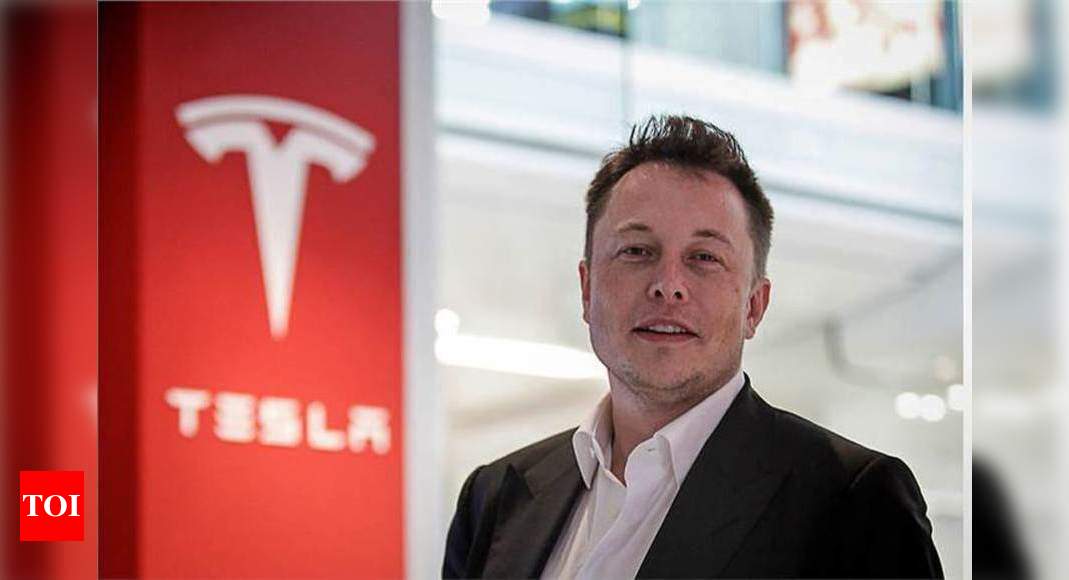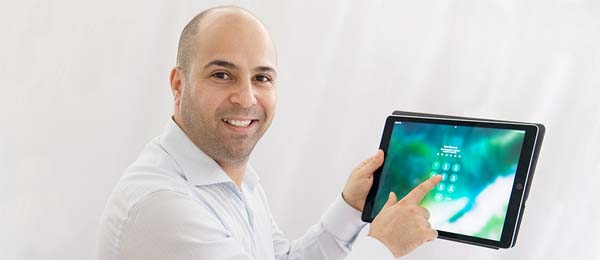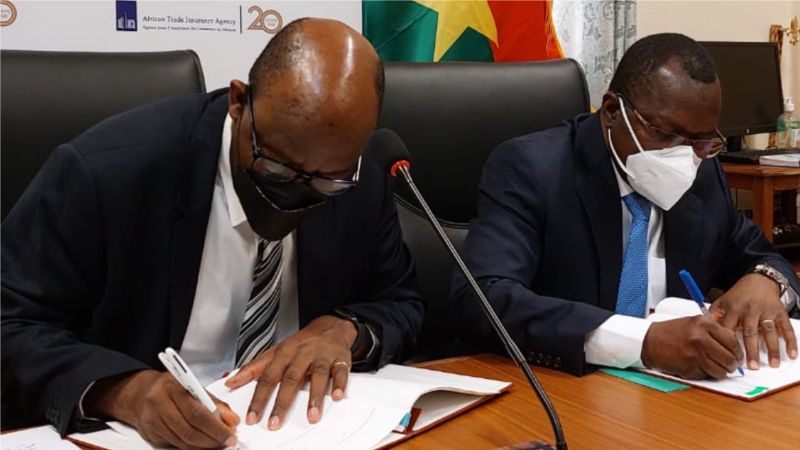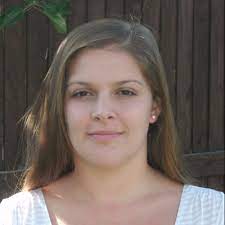Zimbabweans, South Africans, Benefits As Sasai Remit Partners Qoki Zindlovukazi For Cross Border Payment Channel
Sasai Remit, one of Africa’s leading digital money transfer providers and a business of Cassava Technologies, a leading pan-African technology group, has announced a partnership with Qoki Zindlovukazi, United Kingdom-based women’s networking and empowerment organisation. The partnership has enabled both organisations to empower thousands of Zimbabweans to use a safe and secure fintech platform to seamlessly transfer funds to family and friends in South Africa and Zimbabwe.

Qoki Zindlovukazi was formed in 2016 and now boasts over 10,000 members scattered across the world and has invested over US$8 million into various sectors of the economy since 2017 including farming, health, energy and property sectors in Zimbabwe and in South Africa. Since its establishment Qoki has developed housing stands in Bulawayo and constructed houses in Zimbabwe and South Africa. The organisation is currently involved in several projects, including borehole drilling in Matabeleland and the Midlands, construction of a school and a clinic in Bulawayo, as well as setting up a tomato canning factory in South Africa. In addition Qoki has also ventured into trucking and logistics, and supported a solar and geyser project in Matabeleland and Midlands provinces. At the height of COVID-19 pandemic, the organisation donated personal protective equipment to Mpilo and Thorngrove Hospitals.
Sasai Remit is a subsidiary of Sasai Fintech, a business of Cassava Technologies, a leading pan-African technology group licensed in the UK and South Africa, allowing migrants to remit to Africa and the rest of the world. Our Multi-Channel service encompasses digital money transfers (mobile app, web, USSD) from the UK and South Africa to a wide range of destinations across Africa and Asia.
Read also : Kenyan Neobank 4G Capital Raises $18.5m To Boost Business In Kenya, Uganda
According to Darlington Mandivenga, Sasai Fintech CEO, “We want to introduce our convenient and inclusive transfer service to more users, and we are excited to partner with Qoki as an initiative that will help us realise this objective. This partnership is a testament to our continued commitment to bringing a safer and more accessible platform to people working across the world to send money back to their loved ones or invest in their home countries. As a business of Cassava Technologies, we always endeavour to ensure that our initiatives enable social mobility and the economic prosperity of individuals and businesses across the continent through increased access to the internet and technology”.
The partnership is expected to facilitate faster, simpler and secure cross-border payments for Qoki members when sending money and making payments to Zimbabwe or South Africa. It will also provide an effective and practical alternative to the traditional ways of managing remittances. Market analysts said the partnership between Qoki and Sasai Remit offers a much-needed solution to increase access to and use of remittances received by households for greater financial inclusion and investment opportunities. Statistics from the Reserve Bank of Zimbabwe show that diaspora remittances surged from about US$$1 billion in 2020 to US$1.4 billion in 2021 as the country hit a record high foreign currency inflows of US$9.7 billion during the same period.
Read also : UK’s Fintech Dapio in $3.4M Gets Backing From Flutterwave on Contactless Payments
Sithule Tshuma, who founded Qoki to bring diaspora-based Zimbabwean women from Matabeleland and Midlands together and invest back home, said her organisation is honoured to partner with such an important and ambitious digital money transfer provider as Sasai Remit. “The partnership with Sasai Remit makes it easy for our members living in different countries abroad to send money to their families. They don’t have to wait for hours in the agency offices anymore because the mobile application makes the transfer instantly”.
Qoki held its inaugural business conference on 9 April 2022 in Birmingham, UK. Its primary aim was to inspire both emerging and experienced business people to explore new business investment opportunities. The day-long conference sponsored by Sasai Remit featured an exciting list of notable speakers who have made it in the business world.
Kelechi Deca

Kelechi Deca has over two decades of media experience, he has traveled to over 77 countries reporting on multilateral development institutions, international business, trade, travels, culture, and diplomacy. He is also a petrol head with in-depth knowledge of automobiles and the auto industry




















